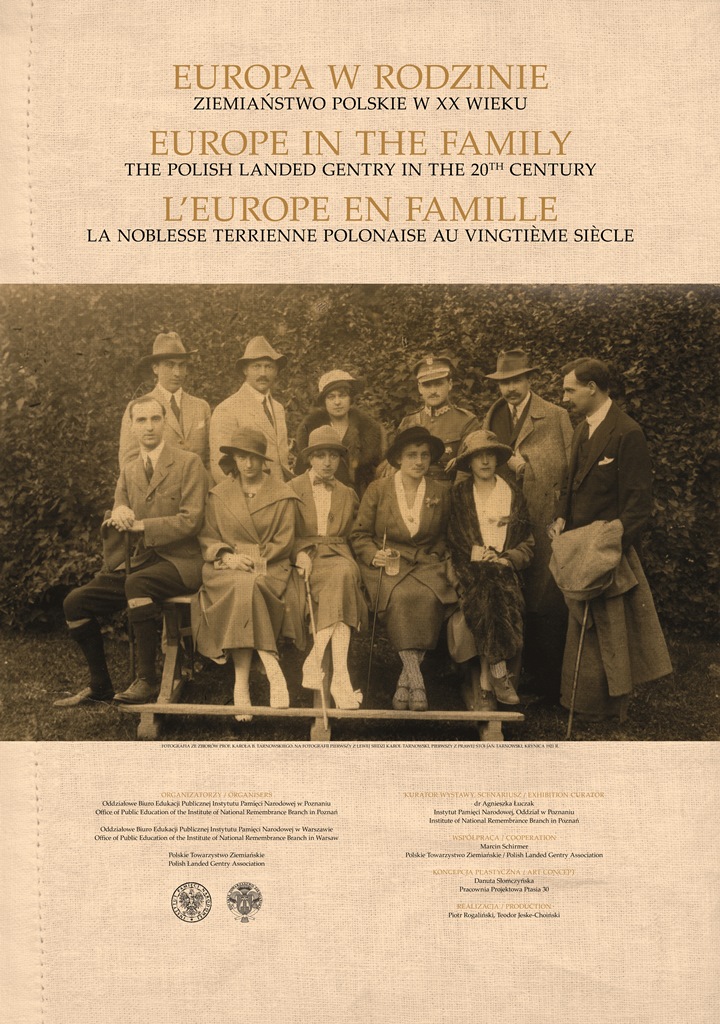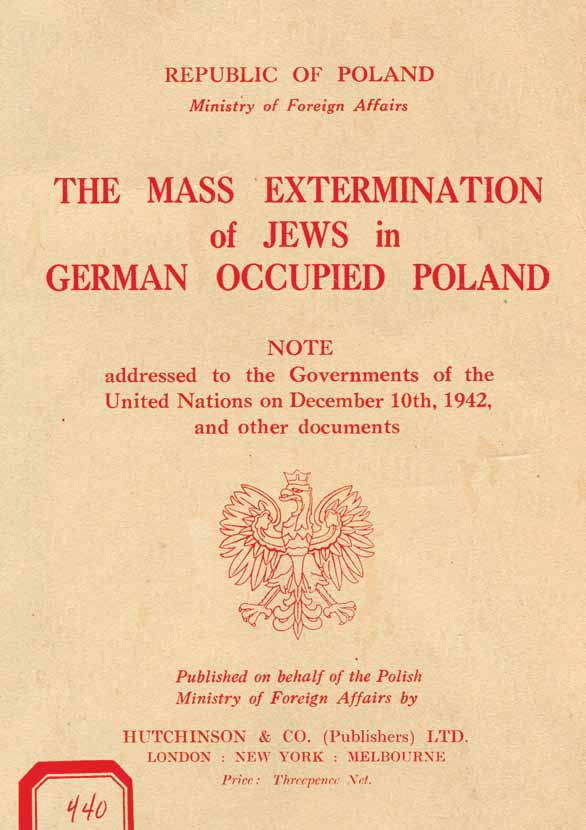EXHIBITION
Europa w Rodzinie
The exhibition will open on Sunday 4th March 2018 at 12.00 noon and will run until 19th March.
- Ognisko Polskie - The Polish Hearth Club 55 Exhibition Road London SW7 2PN
- Member Price: Free
- Non-member Price: Free
To celebrate the Centenary of Polish Independence, Ognisko Polskie and the Polish Landowners Association are proud to jointly host an Exhibition entitled “Europa w Rodzinie” to open at Ognisko on Sunday 4th March 2018. The Exhibition pays tribute to a significant sector of Polish Society, the ‘Landed Gentry’ which for centuries constituted the backbone of Poland’s cultural economic and political life. Ognisko Polskie is the natural venue for the exhibition considering its background and patronage. The author of the exhibition is the Polish Institute of National Remembrance, “Instytut Pamieci Narodowej” who kindly agreed to bring it over to London. It was first displayed in the Royal Castle in Warsaw and has subsequently been shown in most of the major cities in Poland.
The exhibition traces the achievements and ethos of this social group and its virtual demise in the 20th Century during the period of communist rule. Personalities such as Witold Lutoslawski, Josef Czapski, Witold Gombrowicz, Witold Pilecki are famous figures in the 20th Century, all very different characters and all from Landed Gentry families.
2018 is the centenary year of Poland regaining her independence The exhibition focuses on the contribution of the Landed Gentry to the preservation of the Polish spirit during the 123 year period of the ‘partitions’ when Poland as a state was wiped off the map of Europe. It shows the significant role played by this group in the fight for independence and subsequent rebirth of the Polish State after WW1.
The Landed Gentry felt particularly responsible for preserving the Polish language and culture, maintaining traditions and developing national awareness and civic responsibility. With this ethos the Landed Gentry, generally took on the role as social and political leaders and provided a degree of security to the local population on their estates. Landed estates were economic centres in the countryside, promoting also good standards of agricultural management and innovation, setting up agricultural associations (kola rolnicze), promoting education etc.
The exhibition is also important from the point of view that it counters the propaganda directed against this sector of Polish society during the 45 years of communist rule in Poland. The exhibition focuses on 12 particular families taken as a typical cross section of the Landed Gentry. The authors wish to paint a collective portrait of the milieu and the destiny of individual families and to record the loss suffered with the liquidation of this social stratum by Nazi and Soviet totalitarianism and its dispossession by the communist regime under Stalinist decrees.
Over 20,000 Polish landed families were thrown off their land with no compensation paid. This entire sector of Polish society was deprived of a home and a means of livelihood. It was a policy designed to annihilate this social class which also led to the dispersion of many of the Landed families all over the world. The exhibition however illustrates this group’s remarkable resistance to life’s hardships and its ability to adapt and maintain family ties despite territorial dispossession.
Ognisko website: http://www.ogniskopolskie.org.uk/events/europa-w-rodzinie.aspx
75th Anniversary of "Raczyński's Note"
On December 10, 1942, the Polish government-in-exile appealed to signatory states of the United Nations Declaration with a request to prevent crimes being committed against the Jewish population in German-occupied Poland. On the 75th anniversary of the note’s submission, the Ministry of Foreign Affairs is presenting an image of the original note, kept in The National Archives in London.
The note, signed by the head of the Ministry of Foreign Affairs, Edward Raczyński, is formally dated 9 December 1942. It was delivered, however, on the following day (10 December 1942) and it was also published on that date. The creation of the note was closely related to Jan Karski's arrival in London in November 1942. Karski's accounts and the microfilms he brought with him detailed the tragic situation of the Jewish population in occupied Poland. Edward Raczyński handed over information on this to the British Foreign Secretary Anthony Eden during a meeting on 1 December 1942. Raczyński also proposed organising a multilateral conference to share information about the crimes being committed. In the absence of a British reaction, the Polish government decided to send the note to the signatory states of the United Nations Declaration.
The note (imprecisely called the Karski Report) contained information about the current situation of Jews in occupied Poland and laid out German crimes. It also listed the ways in which the Polish government had provided information and made protests, and called on Western states to stop the crimes. In the final paragraphs, the Polish government called not only for the condemnation of the murders and the punishment of the guilty parties, but also appealed for measures that would stop the mass extermination methods.
The note met with widespread press commentary, and the reaction of Allied governments was the announcement on 17 December 1942 of a special declaration in which severe punishment of the guilty was made.
To publicise the facts about the genocide of the Jews in occupied Poland (apart from the official submission of the note), the Polish authorities also published a large number of special brochures in English and distributed them through Polish diplomatic and consular missions. The 16-page booklet consisted of an introduction and four documents concerning the extermination of the Jewish population on Polish territory under German occupation.
The most important of the documents in the brochure was, of course, Raczyński's note from 10 December 1942. The brochure also contained the text of the joint declaration of the Allied states of 17 December 1942, an excerpt of the statement of Deputy Prime Minister Stanisław Mikołajczyk on 27 November 1942 and a text by Edward Raczyński from 17 December 1942.
The full content of the brochure in PDF format: The Mass Extermination of Jews in German Occupied Poland
A documentary film has been made devoted to Edward Raczyński which includes segments on statements regarding the persecution of civilians. Excerpt 6.25-6.50 shows the speech of 13 January 1942 in St. James's Palace, excerpt 7.35-8.46 concerns the note from 10 December 1942 and the figure of Jan Karski.
http://www.msz.gov.pl/en/ministry/polish_diplomacy_archive/75th_anniversary_of__raczynski_s_note_

